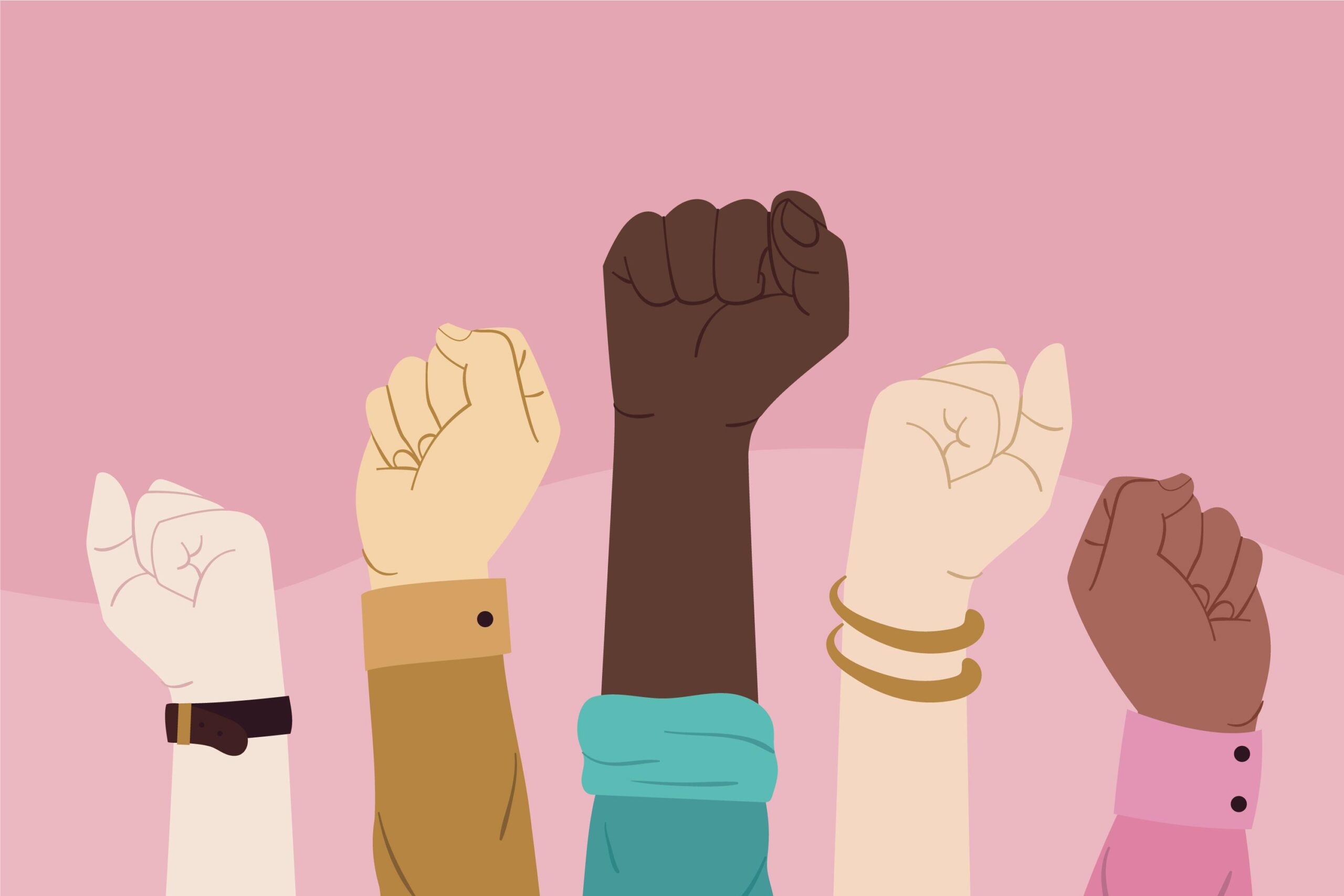The Virangana are brave, or warrior, women. When Prime Minister Narendra Modi credited these women for sparking India’s independence movement, he opened a window into history that is rarely given its due. Much like Warrior Queens of the past, we all must soldier through our lives doing the most we can to affect positive change for our communities. Be inspired by the women who risked or laid down their lives for the freedom of their people, celebrated today as foremothers of India’s independence.
Rani Laxmi Bai
No list of Virangana is complete without our own inspiration, Rani Laxmi Bai. The Rani of Jhansi eschewed the traditions of widowhood of her day, instead choosing to rally her people against the injustices of rule by the British East India Company. Her bravery, detailed in our founder’s movie The Warrior Queen of Jhansi, sparked the movement for independence from British colonial rule. She formed a women’s cavalry unit that fought alongside her, and trained her whole community to fight for independence.
When she rode into battle, she did so with her son on her back, something many modern women can envision and empathize with. Learn more about the Rani of Jhansi here.
Begum Hazrat Mahal
Born Muhammedi Khanum, and sold by her parents as a child, she eventually became the second wife of a prince. After the eventual king’s exile to Calcutta, Muhammedi became the regent of Awadh for her son from 1857-1858. Known for her involvement in the 1857 rebellion against the British East India Company, she eventually found herself seeking asylum in Nepal.
She is heralded as a hero today for seizing the city of Lucknow and becoming a leader of the rebellion against the British. While she was eventually forced to retreat and to flee, her son was pardoned by the British and allowed to return home.
Durgawati Devi
As a member of the Hindustan Socialist Republican Association (HSRA), Durgawati Devi was an active participant in violent revolts against the British colonial state. She helped Bhagat Singh and Shivaram Rajguru escape after they killed John P. Saunders, a British police officer in Lahore. She was also responsible for an assassination attempt against Lord Hailey, a British colonist who gave himself the mantle of Governor of the United Provinces 1928 to 1934.
She retreated into civilian life following independence in 1947, and started a school in Lucknow for poor children. She died in 1999 at the age of 92.
Jhalkari Bai
Jhalkari Bai was instrumental in the rebellion of 1857 as part of Rani Laxmi Bai’s army. She had a reputation for fearlessness after she reportedly used an axe to kill a tiger that was stalking her. While she never received a formal education, she was a skilled horsewoman and was trained in weaponry. Her likeness to the Rani of Jhansi earned her a place in the women’s army. Eventually during the rebellion of 1857, Jhalkari Bai posed as the Rani in order to allow the queen to escape from General Rose’s forces. Her deception caused chaos for a whole day and a half, allowing her queen time to escape and regroup, and the troops she fought alongside to gain a renewed advantage.
Uda Devi
Devi was a Dalit woman who enlisted in the 1857 rebellion by reaching out to her queen, Begum Hazrat Mahal. The queen helped Devi form a battalion under her own command, harnessing the anger of the people against British colonial rule. She acted as a covert sniper in her final battle in Sikandar Bagh in November 1857. It took many British officers firing at the tree Devi was hiding in to eventually murder her. With two loaded guns on her at her death, Devi had killed nearly 10 men from her position. Her martyrdom is commemorated every November 16.
These women remind us of our collective power. Read their stories and be inspired by their bravery in the face of formidable opposition. Each one is responsible for chipping away at the colonial power of the British in India. They saw a better future for themselves and their children, one where they ruled themselves. Their sacrifices are all the more potent in the celebration of India’s 75th year of independence from British rule.
Whatever challenges you may be facing, you are not alone and you are not the first to fight against injustice in all its forms. Take a page from our Action Kit to start your own journey as a Warrior Queen.




